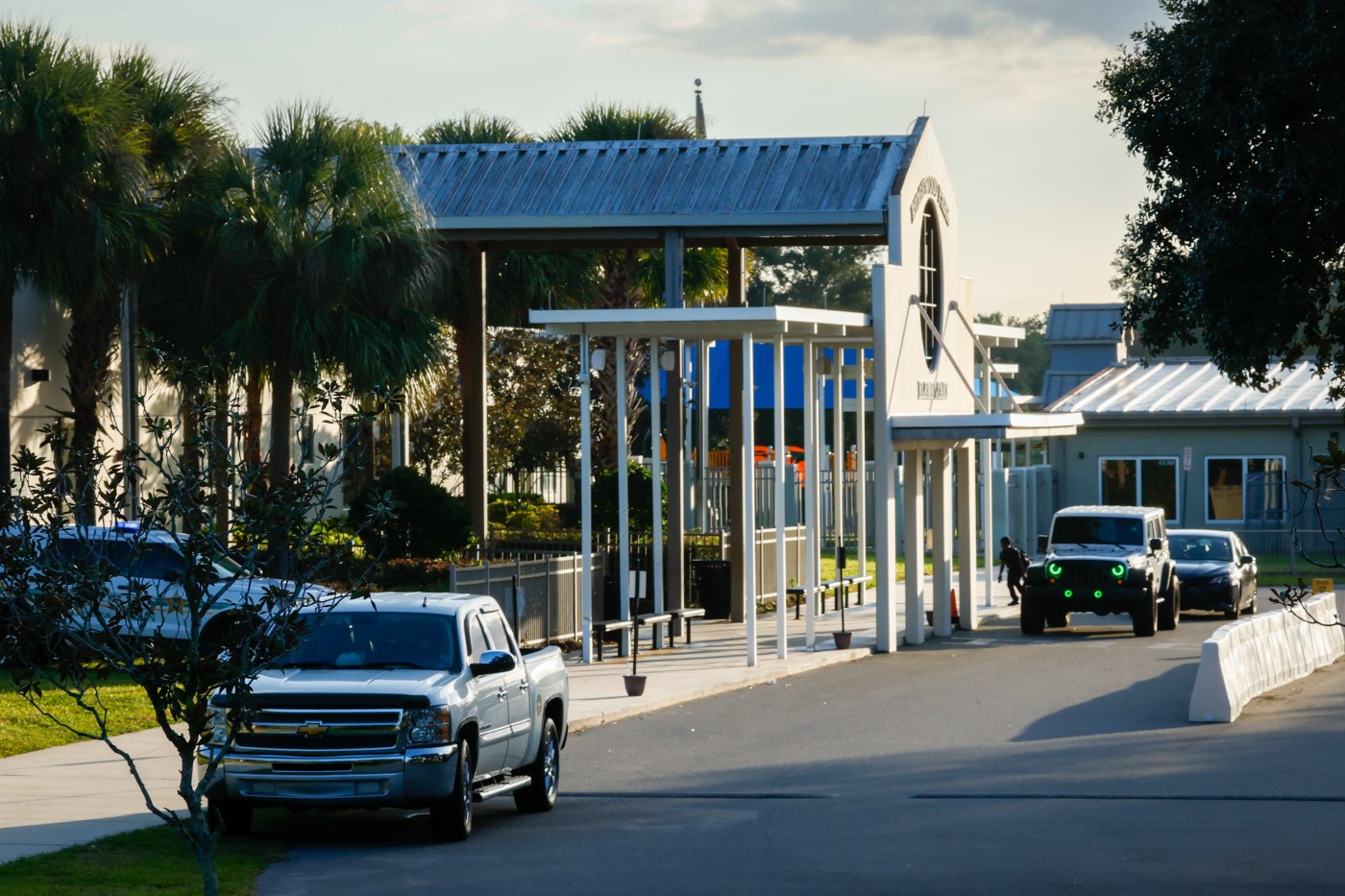Orange County Public Schools (OCPS) received a total of 53 notices this week from charter schools seeking to occupy underutilized public school facilities. However, district leaders anticipate that very few of these requests will result in actual co-locations. The notices, obtained by the Orlando Sentinel, originated from just two companies and targeted 45 different OCPS campuses. Many of these notices were misaddressed, submitted by unauthorized entities, or aimed at schools that do not meet the eligibility criteria.
The influx of co-location requests comes as the state of Florida expands its controversial “Schools of Hope” program. The new regulations take effect on November 4, 2023. This law allows approved charter school operators to occupy “persistently low-performing” public schools at no cost, with the expenses for food, custodial services, and transportation covered by the school district. The state’s push for these initiatives seeks to address declining public school enrollment, which is attributed to lower birth rates and an increase in the use of school vouchers for private and homeschooling options.
This year, OCPS saw a loss of approximately 6,500 students, while Broward County and Miami-Dade County reported losses of 10,000 and 13,000 students, respectively. Districts across Florida also reported a surge in “Schools of Hope” notices. For instance, Broward County received 127 requests for 90 campuses, while Palm Beach County had nearly 70 requests for 46 schools.
Concerns Over Co-Location Notices
OCPS Board Member Stephanie Vanos criticized the notices, describing them as “hastily prepared” with “poor research.” She expressed doubts about whether those who drafted the notices fully understood the implications of the new law. “It seems like charter school companies are throwing everything at the wall and seeing what sticks,” she remarked.
Among the requests, Mater Academy submitted nine notices for schools including Bonneville Elementary and Rock Lake Elementary. However, some of these schools do not qualify under state standards for “persistently low-performing” schools. Notably, NeoCity Academy is not located within Orange County, while Pine Castle Elementary has been approved for demolition. The schools that do meet the criteria include Rock Lake Elementary, Washington Shores Elementary, Washington Shores Primary Learning Center, Ivey Lane Elementary, and Hungerford Elementary. These schools have available capacity and are within a five-mile radius of other qualifying schools.
A tenth school, Ridgewood Park Elementary, was previously indicated as being eligible for co-location. The remaining 44 requests were submitted by BridgePrep Academy, which operates an existing charter school in Orange County and two in Osceola County. Although it is not currently on the state’s approved list of “Schools of Hope” operators, BridgePrep is under review, raising questions about the validity of its notice.
Critics have labeled efforts by Mater Academy and other charter operators as a potential “land grab,” fearing that such moves could divert resources away from traditional public schools. OCPS is already in discussions about consolidating schools with low enrollment, but the recent notices are prompting the district to accelerate its planning to avoid losing facilities to charter schools.
Vanos emphasized community engagement as a means of protection for neighborhood schools. “The way to protect your neighborhood school from not being co-located is to go to it, and encourage your neighbors and your community members to also go to it. That’s the only protection that you have from these schools not squatting inside your school,” she advised.
The ongoing situation reflects broader challenges within the educational landscape in Florida, as both traditional public schools and charter institutions navigate shifting demographics and policy changes.







